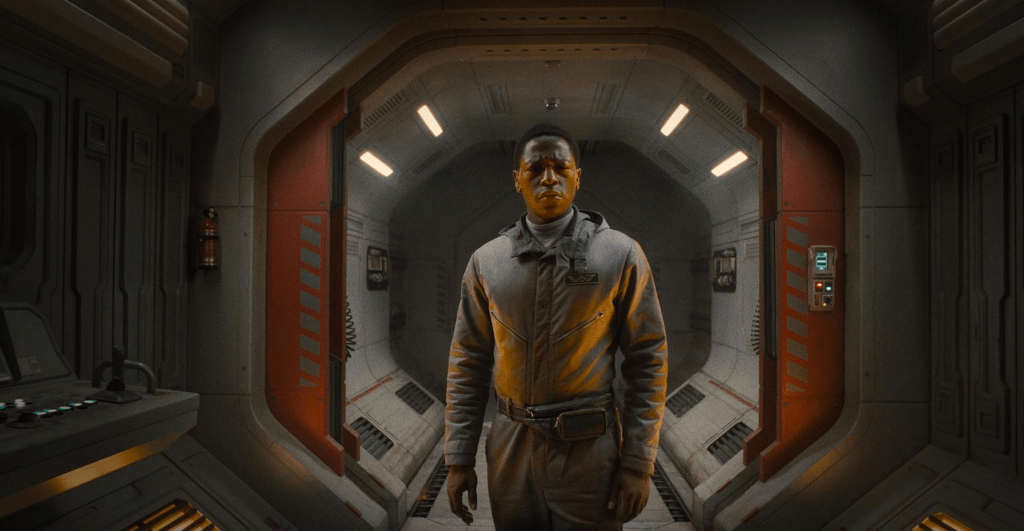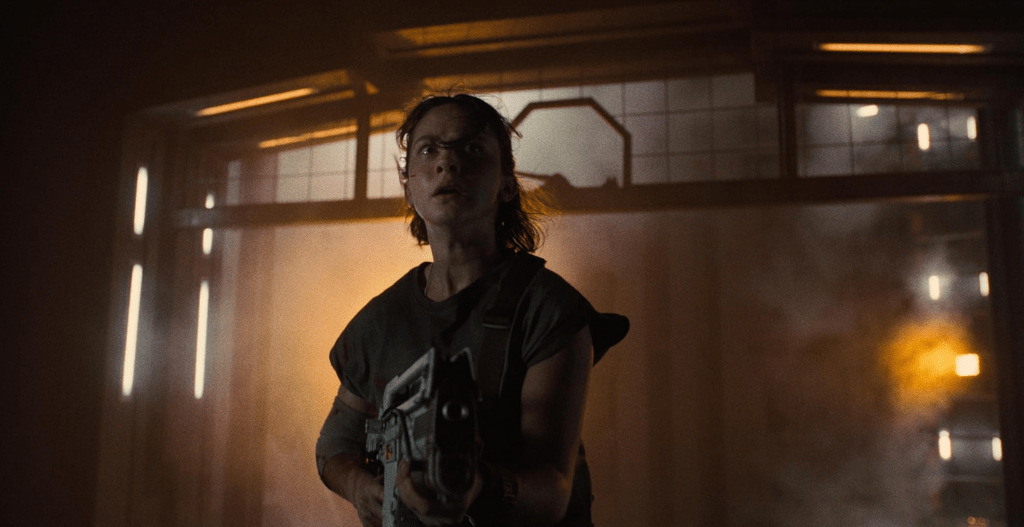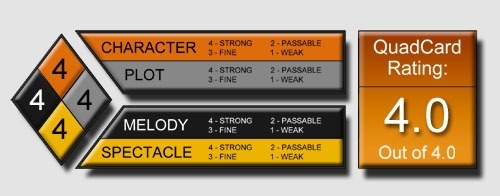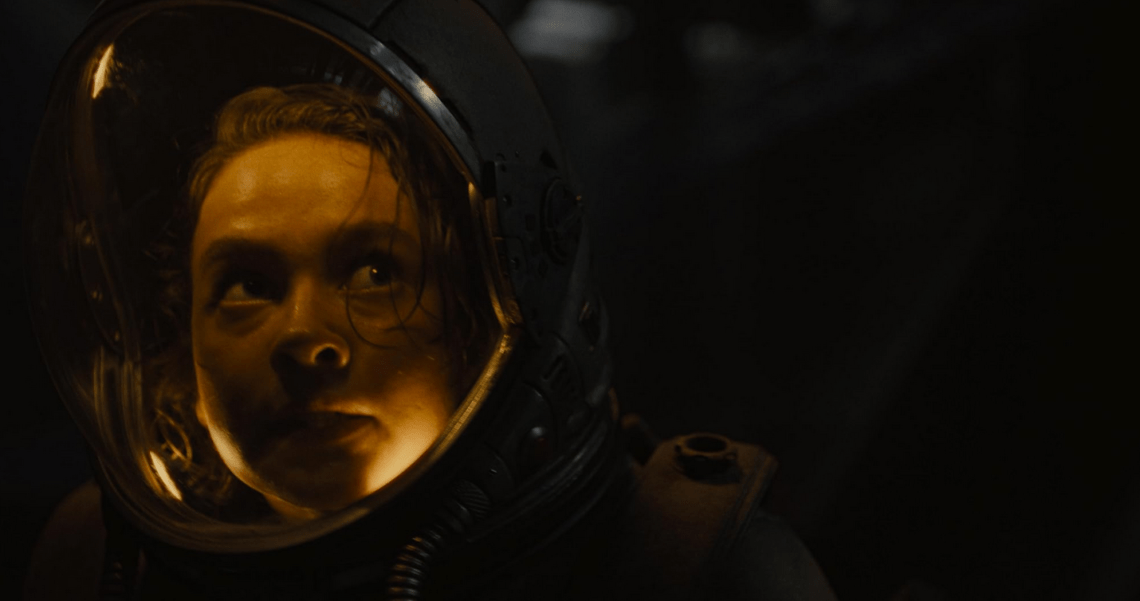“In space, no one can hear you scream.” Those words have echoed in film and pop culture circles for decades. And rightly so. Space is the perfect setting for high stakes stories with little hope for safety or rescue. Read: the ultimate pit of despair. But does it have to be? Well, in the Alien universe, the answer is always yes! To add comic insult to xenomorph injury, there’s another quote that resounds just as well (albeit from a more lighthearted sci-fi film), “this will all end in tears.” And coming from Fede Alvarez, that couldn’t be more true.
With Alien: Romulus, Alvarez and co-writer Royo Sayagues have done fans a service. Full stop. The film is wildly inventive, but plays within its boundaries. It’s remarkable in that it gives us new possibilities, characters and threats to ponder while dealing with existing dangers in the universe we’ve come to know so well. At the core, this series was built on the back of one idea: a haunted house in space. So what better protagonists (at this point) to use than young adults?
We’ve seen science officers, soldiers, even prisoners and clones go head-to-head with the eponymous big ugly and not fare very well…like at all. So, again, from the mind of the man who did absolute wonders with the remake of Sam Raimi’s Evil Dead, this story breathes new life into the franchise. Things somehow work better through his lens, and, thankfully, he’s had the benefit of a lot of good material to pull from.

Much like Prometheus, A:R is able to exist as a sequel and not be tied to the predecessor in a way that felt limiting or contrived (looking at you Ghostbusters: Frozen Empire). The last thing creatives (or fans) want is a plot that offers as much maneuverability as a fully engaged face-hugger. While Sir Ridley‘s prequel is still highly divisive, it was (despite its flaws and questionable elements) a bold film. Alvarez and Sayagues follow that lead with much better payoff. They even make a connection to that film (verbally and musically) to show how far-reaching this universe can be.
The film throws a lot at us beyond terror, isolation and claustrophobia: it asks characters to admit to being responsible for their actions. There’s depth there as they also wrestle with guilt, their conscience and obligations to one another. And let’s not forget nefarious corporate/military greed of Weyland-Yutani who, behind the scenes, really set this all in motion. Once the gravity (space pun!) of all this hits, it becomes a beat the clock adventure which spikes the already unbearably high drama. To handle all this, the cast is truly great, especially the leads, Cailee Spaeny and David Jonsson, who feel capable of all the put upon panic and insanity. They’re really competent and compelling casting choices suited to their respective roles of Rain and Andy.
The benefit of this being shot and shown in IMAX is that you can really take in the scenery (both VFX and the practical effects) as well as the incredibly detailed production design from Naaman Marshall and the art direction team. From the grittiness of the Romulus/Remus station to the incredible vistas of space and planetary rings, it is utterly gorgeous. Even the warning signs for “zero gravity” and “wet floor” are remarkable. It’s breathtaking…and that goes double for the visual gore, terrifying steel teeth and acid.

Not since Aliens have we seen a barrage of foes in a standalone Alien film. Mostly, it’s been a singular threat. Mostly. But here there’s a great many to up the ante. And let’s not forget the danger is within the vacuum of space just beyond the ship’s walls. Frying pan meet Fire. Fire meet dark galactic void. Hat tip to Alvarez and Sayagues for being kind enough to remind everyone of that fact. In space, nowhere it safe.
Speaking of, if you’ve seen the Evil Dead remake, you know this director doesn’t pull any punches. As the film draws to close (in what one might consider a fourth act), he leans into Cameron territory just when we thought we were in the clear. And then he goes full-on on Alavarez…crowds will not be ready for it.
G-S-T RULING:
At this point, it might be too soon to say that this is the best Alien sequel since James Cameron‘s 1986 film. But it is a fair point because of how effective it is. Chronologically, it takes place after the events of Scott’s landmark effort, but it’s also so original and cohesive you might just forget about everything else that’s come before/after (even Covenant, thankfully). One thing is for sure, Alien: Romulus is a triumph. It will clearly stand the test of time and please the series’ legion of fans. See it in IMAX or don’t see it at all. And don’t forget to breathe!





